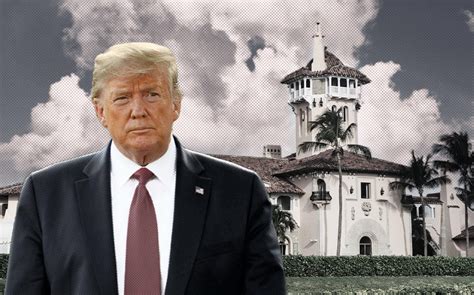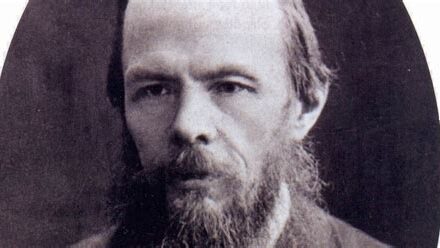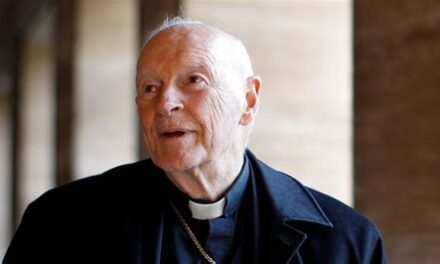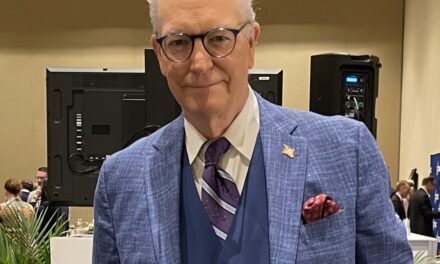The third Republican debate has come and gone, and the response to the various candidates’ performances should be broadly known by now. Equally obvious is the need to pare down the field to a group approximately half its current size to allow the survivors a better opportunity to publish their views on vital issues, assuming, of course, that the moderators of later debates can set their leftist bias aside and ask questions pertinent to domestic and foreign policy.
So who were the winners? For those who saw or heard the debate, Marco Rubio and Ted Cruz made the strongest favorable impression and would make a formidable ticket. Rubio’s defense of his finances from younger years was deft; his analysis of the mainstream media as Hilary’s Super Pac provided one of the highlights of the night.
Even better was Cruz when he castigated the CNBC moderators not only for their bias, but also for the way they paraded their outright contempt with irrelevant, insolent “gotcha” questions. Moreover, when he offered a careful enumeration of each of the stupid questions asked up to that point, the gallery loved it as did, judging from the analysts and pollsters, the larger public.
Trump and Carson, the current leaders in the national polls, said little of real consequence. The questions that came their way were frequently dismissive of the seriousness of their candidacies and gave them very little opportunity to flex what policy muscles they have. Say what you will, it’s a fair bet that neither will suffer. In fact, the CNBC poll of who won the debate predictably showed Trump the winner—predictably because the post-debate polls for the first two debates did also.
Fiorina, the darling of the second debate, performed creditably, but she seemed to fade into the background even after some very sharp answers. What this says about her in the long term is anybody’s guess, but I suspect she will rise only as others fade—unless she fades before they do.
Christie had an outstanding night—outstanding if his in-your-face style is your cup of tea (or coffee . . . or Scotch—he is from New Jersey). Kasich tried to paint himself as the real conservative but couldn’t rise above his grating grumpiness. Huckabee was polished, but nobody cared.
And Rand Paul, for all his bold libertarianism, simply could not hold the stage. He’d do well to start concentrating on re-election to the Senate.
And then there was Jeb. One would have to be a hermit to be ignorant of the kind of disastrous week he had. His campaign cut expenses by forty percent, which for an organization that has trumpeted to the skies its being flush with money beyond a lottery-winner’s imagination, is an ominous sign. Friday, the Bush campaign’s chief operating officer, Christine Ciccone, resigned. The news hit the wire about the time Jeb himself assured the public that he was in the race for the long haul because of his great organization.
Cutting costs and firing staffers may be fiscally responsible, but it may just as easily signal the first, second, or even third wheel coming off. If Jeb is driving an eighteen-wheeler, he can weather the loss, but more and more his campaign is looking like a Ford Ranchero in need of quick ring job.
On the debate stage he was an embarrassment, and for his supporters, sad to say, it was not terribly different from his first two appearances, which, though not very damaging, were widely perceived as lackluster. The difference between the earlier debates and Wednesday night’s was that, with his fortunes flagging, he had to perform well.
But on Wednesday the previous debates’ lackluster Jeb became a flat-footed Jeb. Hardly a political Ali, he could neither dance nor land a decent punch. If Rubio didn’t positively deliver a knockout on the issue of missed votes, he came pretty close. Had Hilary been doing the punching, the press would have reported the bout as career ending.
And let’s not forget fantasy football. Jeb may have been born in Texas and governed Florida, but the Yale beanie, such a part of the Bush pedigree, was never so visible. It made one cringe to consider Jeb’s mindset, something like: “If I can talk fantasy football, why, I’ll be seen as one of the guys!” But like someone trying to serve Sprite without the hooch at a fraternity bash in Austin, it was no go.
Chris Christie, not just a slugger but a man who knows how to use the ring, rejoined promptly: “We have $19 trillion in debt, we have people out of work, we have ISIS and al Qaeda attacking us, and we’re talking about fantasy football?”
It was nice to hear from an adult.
On that note, the adult thing for Jeb to do is take a good look at himself to see whether he’s really cut out for this. Tons of money? Check. Great organization? Check.
All that’s missing is the candidate.














